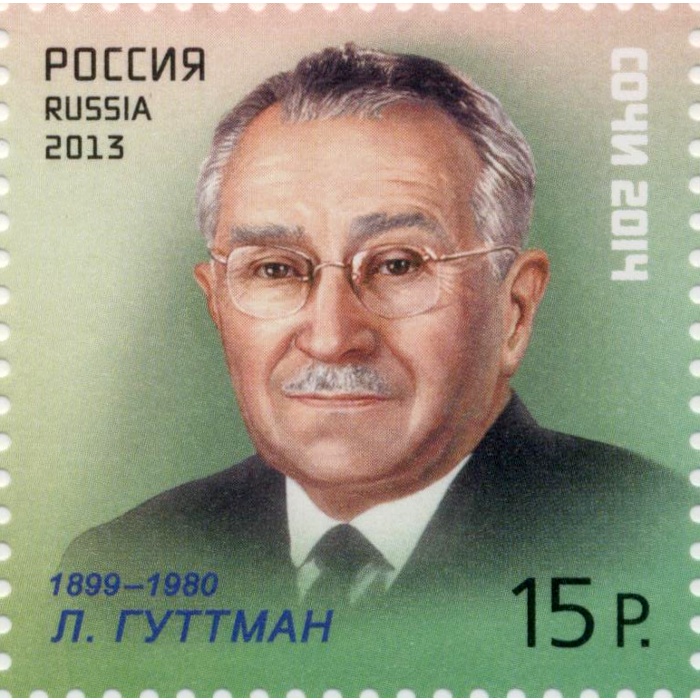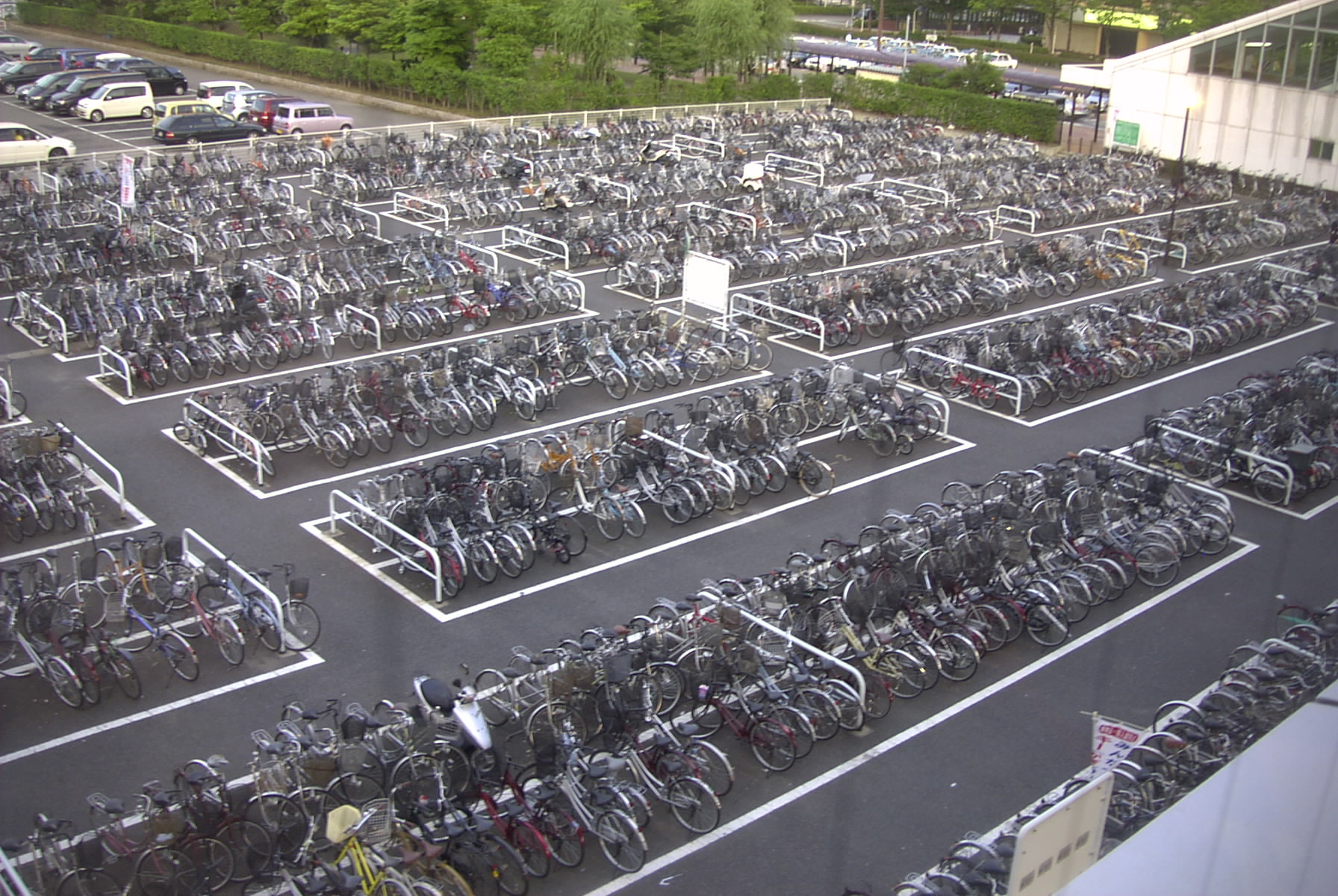|
Denise Schindler
Denise Schindler (born 9 November 1985) is a German Paralympic cyclist. Life and career Schindler got into a tram accident when she was three years old, resulting in her right leg being amputated below the knee. She began cycling when she was 18. She participated at the Paralympic Games in 2012 Summer Paralympics, 2012, where she won a silver medal in the Cycling at the 2012 Summer Paralympics – Women's road race C1–3, women's road race C1–3 event, and in 2016 Summer Paralympics, 2016, where she won a silver medal in the Cycling at the 2016 Summer Paralympics – Women's road time trial C1–3, women's road time trial C1–3 event and a bronze medal in the Cycling at the 2016 Summer Paralympics – Women's road race C1–3, women's road race C1–3 event. Schindler worked with software company Autodesk to develop of a new process for making prosthetics for amputees which could be measured digitally and made using 3D printing. The resulting prosthetic was lighter, cheaper ... [...More Info...] [...Related Items...] OR: [Wikipedia] [Google] [Baidu] |
Chemnitz
Chemnitz (; from 1953 to 1990: Karl-Marx-Stadt (); ; ) is the third-largest city in the Germany, German States of Germany, state of Saxony after Leipzig and Dresden, and the fourth-largest city in the area of former East Germany after (East Berlin, East) Berlin, Leipzig, and Dresden. The city lies in the middle of a string of cities sitting in the densely populated northern Ore Mountain Foreland, foreland of the Elster Mountains, Elster and Ore Mountains, stretching from Plauen in the southwest via Zwickau, Chemnitz and Freiberg to Dresden in the northeast, and is part of the Central German Metropolitan Region. Located in the Ore Mountain Basin, the city is surrounded by the Ore Mountains to the south and the Central Saxon Hills, Central Saxon Hill Country to the north. The city stands on the Chemnitz River, which is formed through the confluence of the rivers Zwönitz (river), Zwönitz and Würschnitz in the borough of Altchemnitz. The name of the city as well as the names o ... [...More Info...] [...Related Items...] OR: [Wikipedia] [Google] [Baidu] |
German Female Cyclists
German(s) may refer to: * Germany, the country of the Germans and German things **Germania (Roman era) * Germans, citizens of Germany, people of German ancestry, or native speakers of the German language ** For citizenship in Germany, see also German nationality law **Germanic peoples (Roman era) * German diaspora * German language * German cuisine, traditional foods of Germany People * German (given name) * German (surname) * Germán, a Spanish name Places * German (parish), Isle of Man * German, Albania, or Gërmej * German, Bulgaria * German, Iran * German, North Macedonia * German, New York, U.S. * Agios Germanos, Greece Other uses * German (mythology), a South Slavic mythological being * Germans (band), a Canadian rock band * "German" (song), a 2019 song by No Money Enterprise * ''The German'', a 2008 short film * "The Germans", an episode of ''Fawlty Towers'' * ''The German'', a nickname for Congolese rebel André Kisase Ngandu See also * Germanic (di ... [...More Info...] [...Related Items...] OR: [Wikipedia] [Google] [Baidu] |
German Amputees
German(s) may refer to: * Germany, the country of the Germans and German things **Germania (Roman era) * Germans, citizens of Germany, people of German ancestry, or native speakers of the German language ** For citizenship in Germany, see also German nationality law **Germanic peoples (Roman era) * German diaspora * German language * German cuisine, traditional foods of Germany People * German (given name) * German (surname) * Germán, a Spanish name Places * German (parish), Isle of Man * German, Albania, or Gërmej * German, Bulgaria * German, Iran * German, North Macedonia * German, New York, U.S. * Agios Germanos, Greece Other uses * German (mythology), a South Slavic mythological being * Germans (band), a Canadian rock band * "German" (song), a 2019 song by No Money Enterprise * ''The German'', a 2008 short film * "The Germans", an episode of ''Fawlty Towers'' * ''The German'', a nickname for Congolese rebel André Kisase Ngandu See also * Germanic (di ... [...More Info...] [...Related Items...] OR: [Wikipedia] [Google] [Baidu] |
Sportspeople From Chemnitz
An athlete is most commonly a person who competes in one or more sports involving physical strength, speed, power, or endurance. Sometimes, the word "athlete" is used to refer specifically to sport of athletics competitors, i.e. including track and field and marathon runners but excluding e.g. swimmers, footballers or basketball players. However, in other contexts (mainly in the United States) it is used to refer to all athletics (physical culture) participants of any sport. For the latter definition, the word sportsperson or the gendered sportsman or sportswoman are also used. A third definition is also sometimes used, meaning anyone who is physically fit regardless of whether they compete in a sport. Athletes may be professionals or amateurs. Most professional athletes have particularly well-developed physiques obtained by extensive physical training and strict exercise, accompanied by a strict dietary regimen. Definitions The word "athlete" is a romanization of the , ' ... [...More Info...] [...Related Items...] OR: [Wikipedia] [Google] [Baidu] |
Paralympic Medalists In Cycling
The Paralympic Games or Paralympics is a periodic series of international multisport events involving athletes with a range of disabilities. There are Winter and Summer Paralympic Games, which since the 1988 Summer Olympics in Seoul, South Korea, have been held shortly after the corresponding Olympic Games. All Paralympic Games are governed by the International Paralympic Committee (IPC). The Paralympics began as a small gathering of British World War II veterans in 1948. The 1960 Games in Rome drew 400 athletes with disabilities from 23 countries, as proposed by doctor Antonio Maglio. Currently it is one of the largest international sporting events: the 2020 Summer Paralympics featuring 4,520 athletes from 163 National Paralympic Committees. Paralympians strive for equal treatment with non-disabled Olympic athletes, but there is a large funding gap between Olympic and Paralympic athletes. The Paralympic Games are organized in parallel with and in a similar way to the Olymp ... [...More Info...] [...Related Items...] OR: [Wikipedia] [Google] [Baidu] |
Medalists At The 2020 Summer Paralympics
A medal or medallion is a small portable artistic object, a thin disc, normally of metal, carrying a design, usually on both sides. They typically have a commemorative purpose of some kind, and many are presented as awards. They may be intended to be worn, suspended from clothing or jewellery in some way, although this has not always been the case. They may be struck like a coin by dies or die-cast in a mould. A medal may be awarded to a person or organisation as a form of recognition for sporting, military, scientific, cultural, academic, or various other achievements. Military awards and decorations are more precise terms for certain types of state decoration. Medals may also be created for sale to commemorate particular individuals or events, or as works of artistic expression in their own right. In the past, medals commissioned for an individual, typically with their portrait, were often used as a form of diplomatic or personal gift, with no sense of being an award ... [...More Info...] [...Related Items...] OR: [Wikipedia] [Google] [Baidu] |
Cyclists At The 2020 Summer Paralympics
Cycling, also known as bicycling or biking, is the activity of riding a bicycle or other types of bicycle pedal, pedal-driven human-powered vehicles such as balance bikes, unicycles, tricycles, and quadricycles. Cycling is practised around the world for purposes including transport, recreation, exercise, and competitive sport. History Cycling became popularized in Europe and North America in the latter part and especially the last decade of the 19th century. Today, over 50 percent of the human population knows how to ride a bike. War The bicycle has been used as a method of reconnaissance as well as transporting soldiers and supplies to combat zones. In this it has taken over many of the functions of horses in warfare. In the Second Boer War, both sides used bicycles for scouting. In World War I, France, Germany, Australia and New Zealand used bicycles to move troops. In its 1937 invasion of China, Japan employed some 50,000 bicycle troops, and similar forces were instrume ... [...More Info...] [...Related Items...] OR: [Wikipedia] [Google] [Baidu] |
Cyclists At The 2016 Summer Paralympics
Cycling, also known as bicycling or biking, is the activity of riding a bicycle or other types of pedal-driven human-powered vehicles such as balance bikes, unicycles, tricycles, and quadricycles. Cycling is practised around the world for purposes including transport, recreation, exercise, and competitive sport. History Cycling became popularized in Europe and North America in the latter part and especially the last decade of the 19th century. Today, over 50 percent of the human population knows how to ride a bike. War The bicycle has been used as a method of reconnaissance as well as transporting soldiers and supplies to combat zones. In this it has taken over many of the functions of horses in warfare. In the Second Boer War, both sides used bicycles for scouting. In World War I, France, Germany, Australia and New Zealand used bicycles to move troops. In its 1937 invasion of China, Japan employed some 50,000 bicycle troops, and similar forces were instrumental in ... [...More Info...] [...Related Items...] OR: [Wikipedia] [Google] [Baidu] |
Cyclists At The 2012 Summer Paralympics
Cycling, also known as bicycling or biking, is the activity of riding a bicycle or other types of bicycle pedal, pedal-driven human-powered vehicles such as balance bikes, unicycles, tricycles, and quadricycles. Cycling is practised around the world for purposes including transport, recreation, exercise, and competitive sport. History Cycling became popularized in Europe and North America in the latter part and especially the last decade of the 19th century. Today, over 50 percent of the human population knows how to ride a bike. War The bicycle has been used as a method of reconnaissance as well as transporting soldiers and supplies to combat zones. In this it has taken over many of the functions of horses in warfare. In the Second Boer War, both sides used bicycles for scouting. In World War I, France, Germany, Australia and New Zealand used bicycles to move troops. In its 1937 invasion of China, Japan employed some 50,000 bicycle troops, and similar forces were instrume ... [...More Info...] [...Related Items...] OR: [Wikipedia] [Google] [Baidu] |






